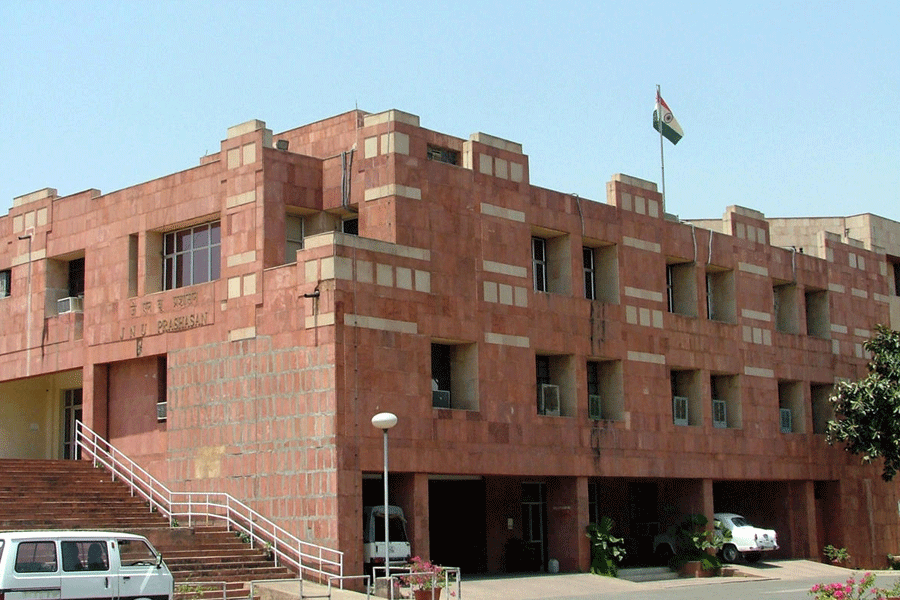
A child’s brain rapidly and dramatically develops in the early years; so much so that it achieves its 90% development by the age of 63!
As all life processes are influenced by biological, environmental and nurturing factors, brain development is no exception. Especially nutrition, an environmental factor, is crucial for the development of a child’s brain so as to lay a concrete foundation for the development of cognitive, motor, and socio-emotional skills throughout the childhood and adulthood. Right nutrition can also boost the genes to exert their potential or targeted effects on brain growth and development. Nutrition directly affects the development and ‘wiring’ of the brain.[1] [2]
Watch how Tojo manages to surprise his parents with his active mind during these rapid brain development years.
How Does Nutrition Affect Brain Development?
Nutrients like Iron, Iodine, Zinc, DHA, Choline and Vitamin B are important during early brain development. The deficiency of these nutrients can change the electrical activity of the brain and affect cognition, behavior, and productivity throughout the school years and adulthood.2
One of the most important nutrients for brain development is DHA. It is the building block of brain and is required in adequate daily dosage for proper brain development. Studies have proved that DHA supplementation improves cognition and attention in children. Iron is necessary for normal anatomic development of the brain and also for sustaining learning habits. It has also been observed that early-life Zinc deficiency results in poorer learning, attention, memory and mood. Iodine in brain development is required to support thyroid hormone synthesis as early brain is most susceptible to iodine deficiency that can affect its development. Choline is important for development of brain’s memory center. So, all in all it is quite evident that adequate nutrition plays a vital role in brain growth and development.3

How to Fulfil Nutritional Needs of a Developing Brain?
These nutrients are required in adequate quantities for helping in the brain development in these formative years. This might not always be possible with children having 1/3rd appetite than adult’s or being fussy eaters. Also, nutrients might not be easily available in a regular diet. For example, with DHA, it is scarce in the regular diets. It is not found in plant sources. ALA is a nutrient found in plant sources and its conversion to DHA is 1-9% only!
Junior Horlicks is scientifically designed for 2-6-year olds. It has DHA and the brain nutrients* important for brain development along with its scientific formula helping in their physical growth.
Footnotes
#Junior Horlicks is a nutritional food powder which as part of a balanced daily diet helps meet your child’s nutritional requirements.
This product is not an infant milk substitute or infant food for less than 2 years old.
*Brain Nutrients (iron, zinc, iodine, choline, DHA and B group) as a terminology has been collectively used to depict the nutrients having a role in brain function and development.
[1] https://www.ncbi.nlm.nih.gov/pmc/articles/PMC2776771/
2 https://academic.oup.com/nutritionreviews/article/72/4/267/1859597
3 Brown T el al. Brain development during the preschool years. Neuropsychol Rev. 2012 ; 22(4): 313–333
This is a sponsored article by Junior Horlicks. The Telegraph India editorial team played no role in creating this content.











